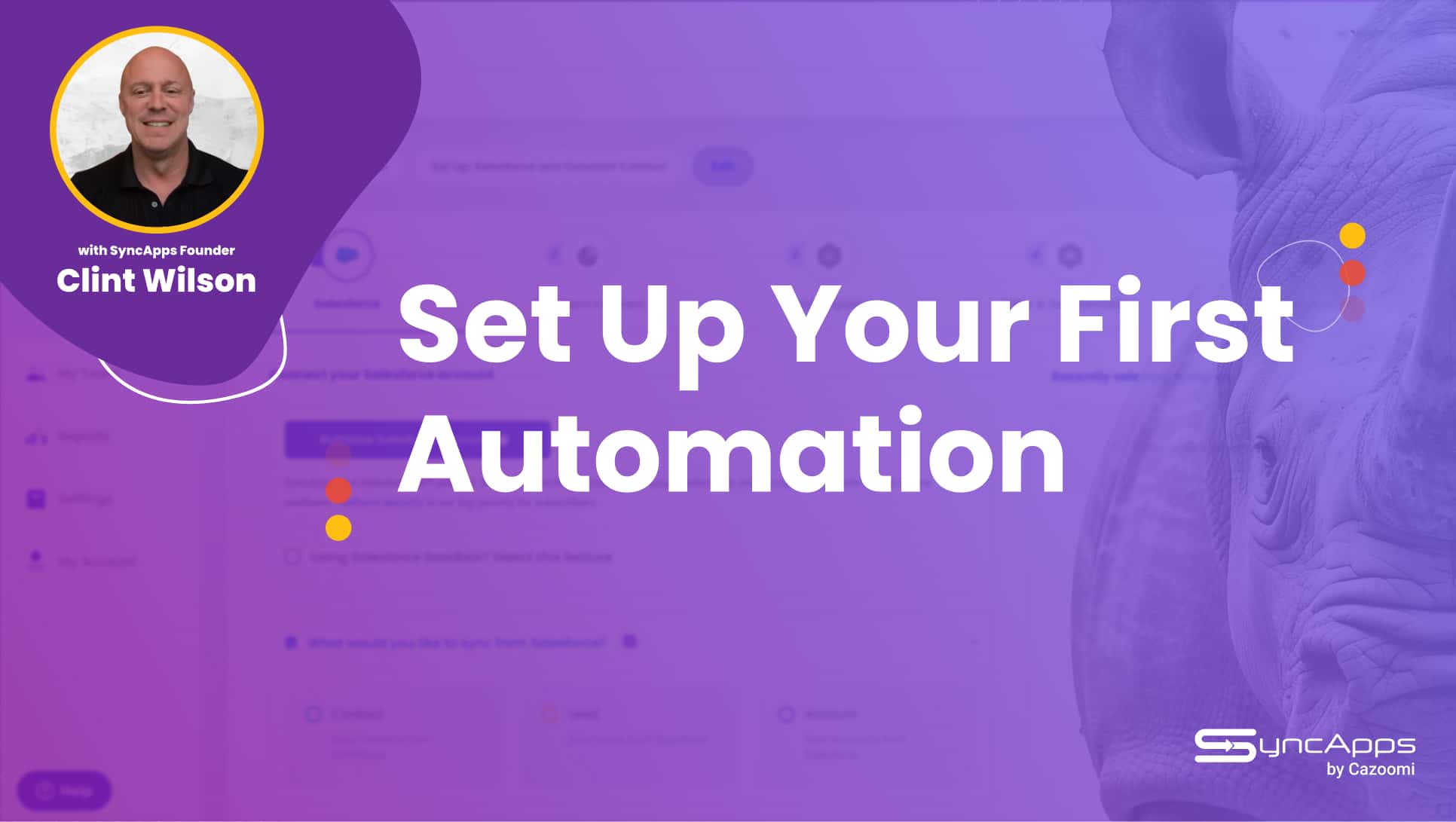In the dynamic landscape of eCommerce, being distinguished from the crowd has been deemed essential for survival and success.
With the advent of the AI internet era and the widespread use of smart devices, a paradigm shift has occurred in the rules of the game. This article will delve into the importance of digital marketing in eCommerce, the primary strategies to be implemented, the role of automation, and the projected emerging trends for 2024.

The Importance of Digital Marketing in eCommerce
Digital marketing has become the lifeblood of eCommerce, providing the tools and strategies to help businesses connect with customers, increase their reach, and boost sales. A digital marketing strategy resembles an Adelaide conveyancer guiding first-home buyers. Without their expertise, buyers would find the process overwhelming and possibly make costly mistakes. Similarly, without a well-planned digital marketing strategy, an eCommerce business can lose potential customers and miss out on significant revenue.
Successful eCommerce businesses like Amazon, Shein, and ASOS have demonstrated how digital marketing can create a global presence, generate customer loyalty, and propel sales. By leveraging strategies such as SEO, content marketing, and social media, these companies have created unique, enjoyable, and rewarding customer experiences.
Overview of Top eCommerce Digital Marketing Strategies
Various digital marketing strategies can be implemented to make the most out of your eCommerce business. Let’s discuss some of the top strategies:
SEO for eCommerce
SEO (Search Engine Optimization) improves your online visibility by increasing your website’s rank on search engine results pages. It involves optimizing your website’s design and content to make it more appealing to search engines. Many eCommerce stores also use a link building service to boost their online presence and improve search engine rankings.
- Use keywords strategically: Ensure product descriptions and titles include keywords that potential customers might use when searching for your products.
- Improve site speed: A faster website offers a better user experience, a significant factor in search engine ranking.
- Create a mobile-friendly website: With most online shopping done via mobile devices, having a mobile-friendly site is essential.
Content Marketing

Imagine content marketing as an eCommerce business’s bustling kitchen, consistently cooking delicious and nutritious meals that keep customers coming back for more. When done right, it’s a robust tool for attracting, engaging, and retaining customers.
Think of regular blog posts as the staple dish on your menu. Expertly crafted posts offering tips, advice, or industry news work like magnets, pulling traffic toward your site. But it doesn’t end there – they also position your business as a thought leader, someone who’s got their finger on the pulse of the industry. This inspires trust and loyalty in your audience, keeping them glued to your brand.
Meanwhile, product videos are like the irresistible specials of the day. Utilizing a capable video editor, you can create high-quality videos that compellingly present your products, offering customers a clearer understanding of the benefits. A capable video editor should have features that can help you make stand-out content—such as an audio joiner for merging your audio to your video clips and a converter to change your video format (e.g., M4A to MP3) for better compatibility. This enhanced presentation can increase engagement and sales, making customers more likely to purchase a product they’ve seen in action.
Last but not least, user-generated content (UGC) is like inviting your customers to join the kitchen and add their secret sauce. Encourage them to share reviews or photos of your products. Their input, amplified through your marketing channels, lends authenticity to your brand. UGC builds trust and motivates new customers to try your offerings. It’s a modern, compelling testament to the classic word-of-mouth marketing.
Social Media Marketing

Stepping into the bustling world of social media is like attending the biggest, most diverse party on the planet. It’s where you find many voices, interests, and communities – among them, your potential customers. Through social media marketing, you can engage with your audience, shape your brand’s narrative, and drive significant traffic to your website.
To successfully navigate the party, there are a few strategies you should employ:
- Regularly Post Engaging Content: Just as you wouldn’t attend a party and stand in the corner without interacting, your brand shouldn’t be silent on social media. Create a regular posting schedule across platforms like Facebook, Instagram, Twitter, and Pinterest, and stick to it. Each post is an opportunity to share your brand story and engage with your audience.
- Interact With Your Followers: Social media is a two-way street. Responding to comments, answering messages, and engaging in discussions show your followers that you value their input.
- Leverage Social Media Advertising: With social media advertising, you can expand your reach and connect with specific demographics. It’s like sending out targeted invitations to the party, ensuring those most likely interested in your brand know it.
Email Marketing

As the digital equivalent of a warm and friendly handshake, email marketing is a compelling strategy in the eCommerce world. It offers many benefits, from nurturing customer relationships to promoting your latest and greatest products and even spicing things up with an enticing discount here and there.
At the heart of this strategy is the welcome email. Picture yourself stepping into a new club – it feels good to be greeted, right? Sending welcome emails to new subscribers powerfully conveys, “We value you.” This warm virtual embrace acknowledges their presence and sets the tone for future communications.
The next piece of the puzzle is regular newsletters. Imagine these as friendly chats, keeping your customers in the loop about what’s happening in your business, just as you’d update a close friend about significant life events. Whether a cutting-edge product launch, a thrilling sale, or exciting company news, newsletters keep your audience connected and invested in your journey.
Of course, email marketing would only be complete with a sprinkle of personalization. That’s where tools like Mailchimp automation software genuinely shine. Personalized emails are like receiving a gift chosen with your specific interests in mind – it feels unique and exciting. With email personalization, customers are treated to recommendations based on their purchase history or preferences, creating a unique and engaging shopping experience. This enhances customer relationships and significantly boosts the chances of converting clicks into purchases, making it a top digital marketing strategy for eCommerce businesses in 2024.
Influencer Marketing
Influencer marketing has become a powerful strategy in the eCommerce industry, and it’s all about finding the right partners. Collaborating with influencers who genuinely resonate with your brand’s values is akin to forging an alliance that can substantially enhance your online visibility and augment your sales. However, the key here is to be selective and strategic. The influencers you partner with should reflect your brand ethos and command a considerable following that is both large in numbers and high in engagement.
After selecting the ideal influencers, the real fun begins – content collaboration. It’s time to get creative and leverage your chosen influencers’ unique reach and impact. Consider various forms of content, from product reviews that offer genuine insight into your offerings to exciting giveaways that generate buzz among potential customers or even sponsored posts that subtly promote your brand. The content possibilities are vast, and when well executed, they can lead to significant returns for your eCommerce business. Moreover, if you also provide SaaS services, leveraging SaaS influencer marketing can increase your reach and establish credibility within the industry. For maximum impact, using the best influencer platforms can streamline the process of finding and collaborating with influencers, ensuring you’re making data-driven decisions to achieve your marketing goals.
The Role of Automation in Streamlining eCommerce Marketing

Automation is revolutionizing the way we approach digital marketing in eCommerce. Much like a comprehensive first home buyer guide, it simplifies complex processes, ensuring no vital steps are missed. Automation tools can help manage repetitive tasks, improve customer experience, and allow for a more personalized marketing approach.
Benefits of automation in digital marketing for eCommerce:
- Efficiency: Businesses can save time and resources by automating repetitive tasks like email marketing and social media posts.
- Personalization: Tools can analyze customer data to provide personalized product recommendations or targeted marketing campaigns.
- Customer journey mapping: Automation tools can track customer interactions across multiple channels, giving valuable insights into the buyer’s journey.
Examples of automation tools include platforms like HubSpot, Mailchimp, and Hootsuite. These platforms help with content scheduling, email marketing campaigns, customer segmentation, and more.
Emerging eCommerce Digital Marketing Trends for 2024
As we look towards 2024, several emerging trends are set to shape the eCommerce digital marketing landscape:
- Voice search: With the increasing popularity of voice-activated devices like Google Home and Amazon Alexa, optimizing for voice search will be essential. VUI development services can also help you increase customer satisfaction for your digital platform.
- AR and VR: Augmented and Virtual Reality offer exciting new ways to showcase products and create immersive shopping experiences.
- AI eCommerce Metrics: AI assists stores in gaining insights about their customers.
- Sustainable practices: More consumers shop with brands that align with their values. Incorporating sustainability into your marketing strategy can help attract and retain these customers.
Summary
As a result, a thorough examination of the critical role digital marketing plays in eCommerce businesses’ success has been conducted. The strategies discussed here, such as SEO, content marketing, social media marketing, email marketing, and influencer marketing, should be considered. Automation’s value in streamlining marketing efforts has been highlighted, providing clear indications of its significance. Lastly, insights into predicted trends and innovations in eCommerce digital marketing for 2024 have been presented. Adopting and adapting these strategies and trends will be instrumental in driving the growth of businesses in the coming year.





